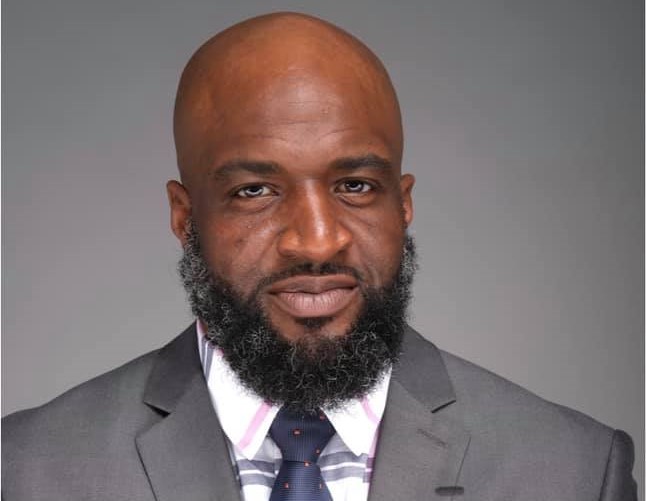
Murphy’s Education Commissioner Says Lakewood School Buildings Are in Great Shape. Students Beg to Differ.
March 31, 2023
SCOOP: In a Fit of Dishonesty, Murphy’s Education Department Will Try To Lower Standards. All Eyes on the State Board.
April 3, 2023GOODMAN: Let’s Rethink College. Everyone Doesn’t Have to Go and It Shouldn’t Cost So Much
Dr. Robert Goodman, a former New Jersey physics teacher, is the executive director of the New Jersey Center for Teaching and Learning. For more of his thoughts on higher education and the teacher shortage, see here.
We must address the fact that our higher education system is in trouble.
For generations, colleges and universities were ascending escalators that drove social mobility. Now, they have become an obstacle.
American society and politics are split between those with and without degrees; K-12 school districts are suffering massive teacher shortages, while unsustainable student debt hobbles far too many graduates.
And now, some of our colleges and universities are facing the perfect storm: a steady drop in enrollment and rising costs that are forcing institutions to shutter their doors, auctioning off acres of land to the highest bidder.
By 2019, 10 of New Jersey’s 14 private traditional colleges were rated as financially unhealthy. Since then, the situation has only worsened for some. For example, New Jersey City University posted a deficit of $67 million last year and now has $156 million in debt.
While our higher education system is failing in critical ways, it was designed by people and can be fixed by people. It is entirely within our control – if we are willing.
We need a candid, nationwide discussion about the true purpose of college. These schools — costing upwards of $200,000 for a four-year degree — must be re-configured to build on their original intent: giving our next generation the tools they need to flourish.
I’m pleased to see winds are beginning to change.
Social ruptures are being reduced by eliminating artificial degree requirements and opening jobs and opportunities to the most qualified candidates regardless of whether they earned a degree.
The governors of Utah, Maryland and, most recently, Pennsylvania eliminated the requirement for college degrees for most state government jobs. Pennsylvania Gov. Josh Shapiro has opened access to about 65,000 state jobs; 92% of which no longer require a degree.
Why an applicant needs to have college credits or a degree for a specific job should be clearly and publicly explained in the “help wanted” ad. Any degree requirements not supported by objective need should be eliminated, lowering the artificially-high demand for higher education.
The system that led to tuition rising at three times the rate of inflation, while graduation rates have declined, needs to be addressed. A single year of private college tuition now runs more than $32,000; it should cost just over $10,000 based solely on inflation over the past 50 years.
Many students are forced to take on untenable debt or abandon their dream of a degree. Student debt has become a lifelong burden for many; only behind home mortgages as the largest form of debt in our nation.
Without a degree, individuals cannot become K-12 teachers. And as the number of bachelor’s degrees decline, so too does the number of potential K-12 teachers, creating this ongoing teacher shortage.
Such a trend reduces access to a quality education for many K-12 students. And, as is often the case, the most impacted are underrepresented minorities and children living in poverty.
In 2019, former U.S. Education Secretary Betsy DeVos took a crucial step in addressing this problem by eliminating regional accreditation. This ended monopolies held by college accreditors; local colleges and universities could no longer block new institutions, unleashing innovation to achieve lower costs and higher graduation rates.
New colleges and universities should be embraced; rewarding those entities that reinvent education to provide better outcomes at lower costs.
Driving innovation requires drastically reducing the time, effort, and money that new institutions need to invest to earn accreditation and compete for students against the status quo.
Accreditation should be focused on student success, not fidelity to replicating processes that have proven ineffective. It should be a simple transparent process that lists the institution’s student outcomes, costs, and financial viability – not hundreds of pages documenting adherence to out-of-date policies and processes.
Accreditation should no longer be complex or arcane, but clear and concise. And it should not require the blessing of anyone with a conflict of interest, specifically those employed by a college or university.
By addressing accreditation and transparency, higher education can become highly relevant, once again. Anyone who wants to attend college could afford it. But those who don’t, won’t be penalized by artificial degree requirements.
Now is the time for colleges and universities to resume their role of unifying and advancing our country.




